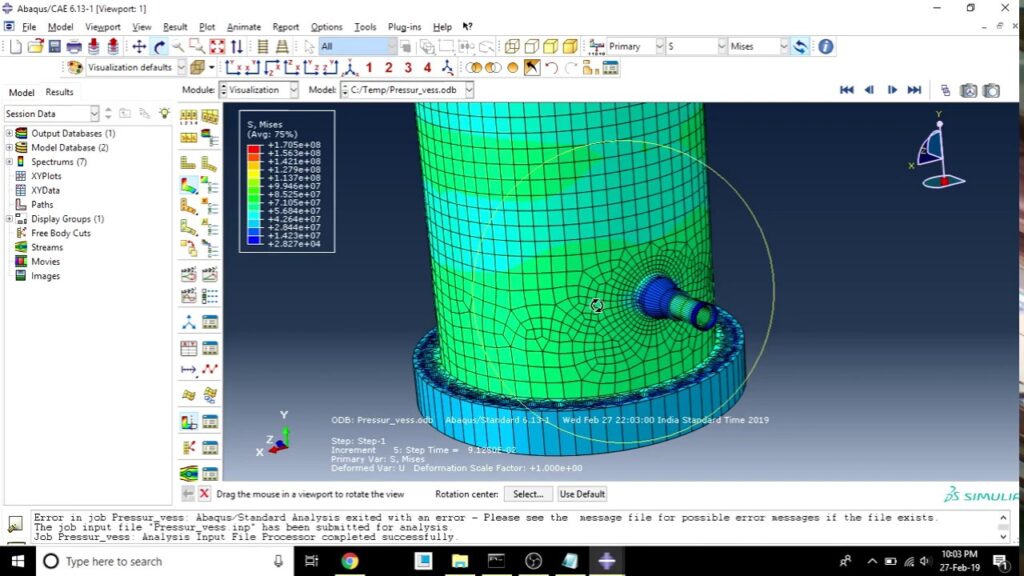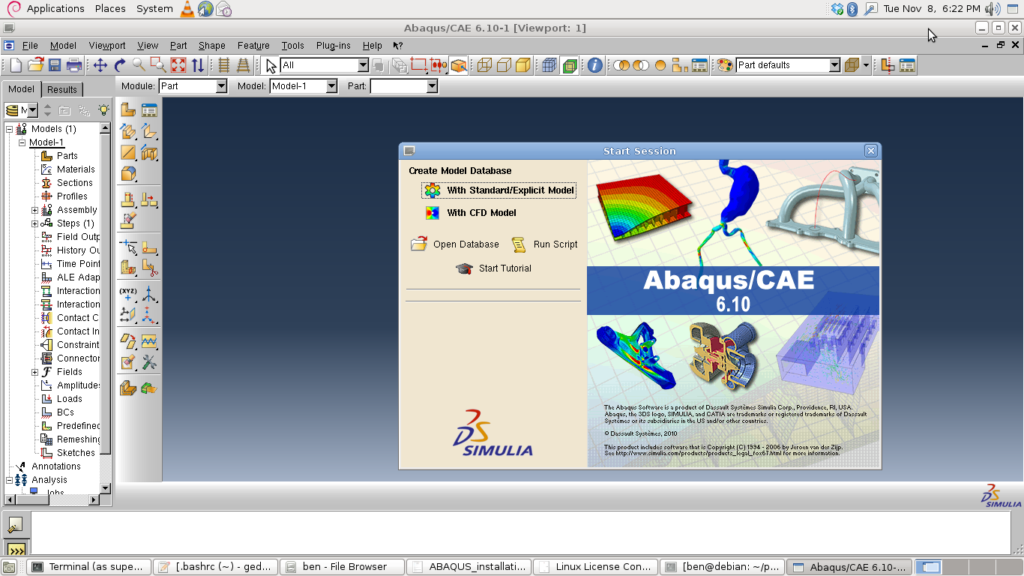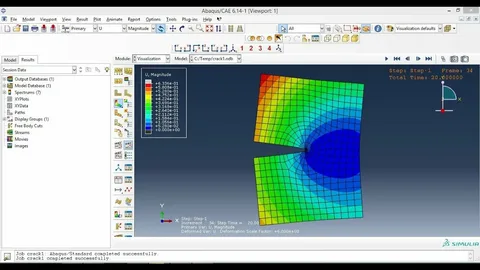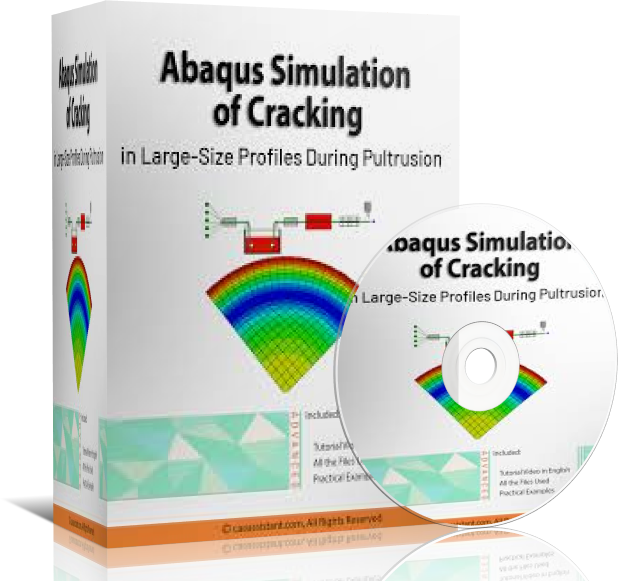Abaqus software download crack
Abaqus, developed by Dassault Systèmes, is a powerful suite of software applications used for finite element analysis (FEA) and computer-aided engineering (CAE).
Overview of Abaqus Software
It is widely recognized for its robustness and versatility, making it a preferred choice for engineers and researchers across various industries. Abaqus provides a comprehensive set of tools for modeling, analyzing, and visualizing complex mechanical and structural systems.
One of the key strengths of Abaqus is its ability to handle highly nonlinear problems, including those involving large deformations, complex contact interactions, and material nonlinearity. This makes it particularly useful for applications in aerospace, automotive, and civil engineering, where accurate simulation of real-world conditions is crucial. The software’s advanced capabilities allow users to perform detailed simulations of everything from simple mechanical components to entire structures under various loading conditions.
Abaqus consists of several core products, including Abaqus/CAE, Abaqus/Standard, and Abaqus/Explicit. Abaqus/CAE provides a complete environment for modeling and visualization, while Abaqus/Standard and Abaqus/Explicit are used for solving linear and nonlinear problems, respectively. The software also supports multiphysics simulations, enabling users to analyze coupled phenomena such as thermal-mechanical interactions and fluid-structure interactions.
In addition to its powerful analysis capabilities, Abaqus offers extensive customization options through its support for Python scripting. Users can automate repetitive tasks, create custom user interfaces, and develop specialized analysis procedures. This flexibility, combined with its comprehensive feature set, makes Abaqus an indispensable tool for engineers and researchers seeking to push the boundaries of simulation and analysis.

Features of Abaqus Software
- Comprehensive FEA Capabilities: Supports linear and nonlinear analysis, including large deformations and complex contact interactions.
- Multiphysics Simulations: Analyze coupled phenomena such as thermal-mechanical and fluid-structure interactions.
- Advanced Material Models: Includes a wide range of material models for accurate simulation of real-world conditions.
- Customization and Scripting: Supports Python scripting for automation and customization.
- Integrated Modeling and Visualization: Abaqus/CAE provides a complete environment for modeling, analysis, and visualization.
Technical Specifications
- Software Version: Latest version available on the official Dassault Systèmes website.
- Interface Language: Multiple languages supported.
- Audio Language: N/A (software does not include audio language).
- Uploader / Repacker Group: Official software provider.
- File Name: AbaqusSetup.exe.
- Download Size: Approximately 15 GB.


System Requirements
PC
- Operating System: Windows 10/8/7.
- Processor: 2 GHz or higher.
- RAM: 8 GB.
- Hard Disk Space: 20 GB.
Mac
- Operating System: macOS 10.12 or higher.
- Processor: Intel processor.
- RAM: 8 GB.
- Hard Disk Space: 20 GB.
Linux
- Operating System: Linux/x86-64.
- Processor: 2 GHz or higher.
- RAM: 8 GB.
- Hard Disk Space: 20 GB.
How to Download and Install
- Visit the official Dassault Systèmes website.
- Navigate to the Abaqus software page.
- Click on the download button to get the installer.
- Run the installer and follow the on-screen instructions.
- Once installed, launch the software and start your simulation projects.

How to Use
- Create a New Project: Open Abaqus/CAE and create a new project.
- Model Your System: Use the modeling tools to create your geometry and define material properties.
- Set Up the Analysis: Specify the type of analysis, boundary conditions, and loading conditions.
- Run the Simulation: Submit the analysis job and monitor its progress.
- Visualize Results: Use the visualization tools to analyze and interpret the simulation results.
For more information, you can visit the following websites: Frezsa, Qruma, Mrafb, Deffrent, Toreef, Gulvezir, Flex44d, and AACPI. Each site offers unique resources and insights, so feel free to explore them to find the information you need.


Leave a Reply